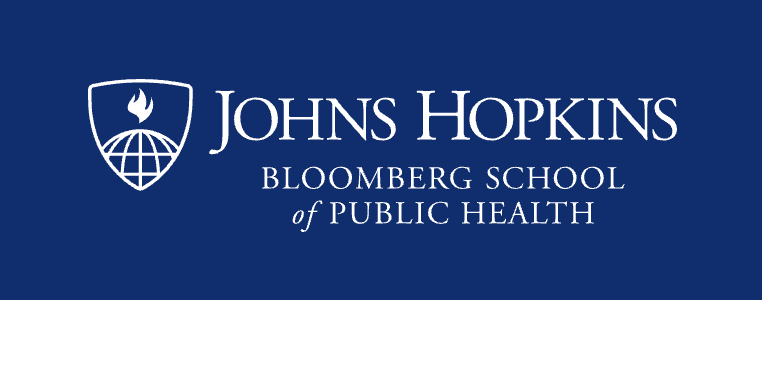JOHNS HOPKINS BLOOMBERG SCHOOL OF PUBLIC HEALTH
Until now, people who suffered mild or asymptomatic COVID-19 were thought to have dodged the brunt of the virus’s brutal side effects.
But new evidence has revealed that anyone infected with COVID is at higher risk for heart issues—including clots, inflammation, and arrhythmias—a risk that persists even in relatively healthy people long after the illness has passed.
In this Q&A, Ziyad Al-Aly, director of the Clinical Epidemiology Center and chief of Research and Education Service at Veterans Affairs St. Louis Health Care System, talks with Stephanie Desmon about COVID-19 and the heart, including his recent study, which found a significant risk of heart problems in people a year after being diagnosed with COVID.
“We found evidence of an increased risk of stroke, of blood clots in the legs and the lungs, and of heart failure and heart attacks. The increased risk of a broad spectrum of heart problems was evident.”
YOU JUST PUBLISHED A STUDY THAT SAYS THAT IN SOME PEOPLE WHO’VE HAD COVID, HEART ISSUES CAN PERSIST FOR A YEAR OR MORE. WHAT DOES THIS MEAN AND WHAT DID YOU STUDY?
We’ve known for a while that during the acute phase—the first 30 days of COVID-19—people who have severe disease and need to be admitted to the hospital or ICU may develop heart complications.
We didn’t know what happened to people’s hearts in the long term—six months to a year out—or what happened to people who had mild disease and did not need hospitalization or ICU care.
We did this study to evaluate the one-year risk of heart problems in people who got COVID-19, compared to nearly 11 million controls of people who did not.
WHAT DID YOU FIND?
The major finding was that people with COVID-19 have a higher risk of all sorts of heart problems at one year. That included arrhythmias (irregular heart beats or the heart beating too fast or too slow) and atrial fibrillation (a fast heart rhythm in a particular pattern) … READ MORE.



